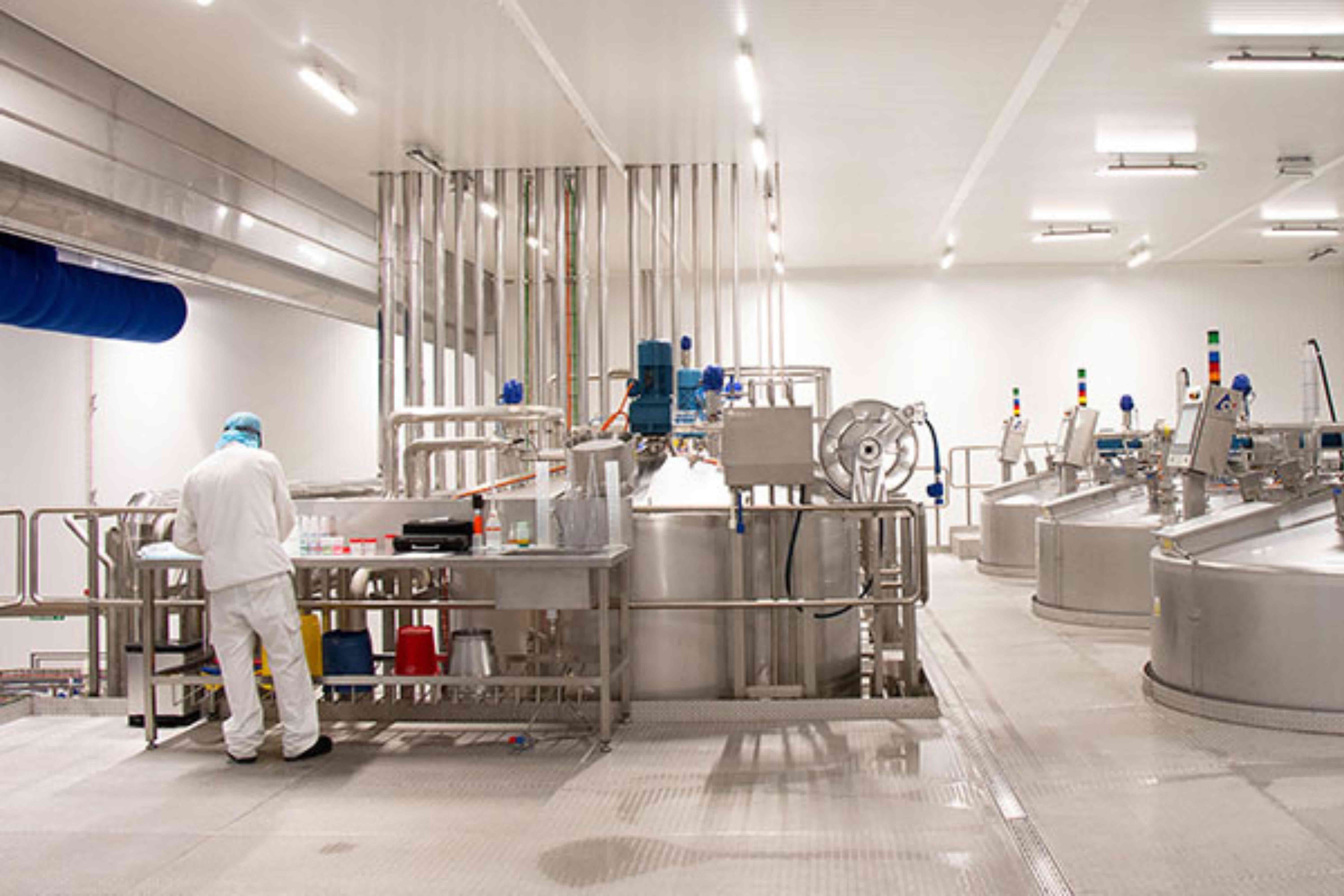
Latest information

Entrepinares' new cheese factory declared a Priority Business Initiative
Grupo Entrepinares, a company in the agri-food sector specialising in the manufacture of cheeses and dairy products, will expand its facilities in Vilalba (Lugo) by constructing a new factory that will enable it to increase its current production by 30%. With an investment of 20 million euros over two years, the new cheese factory will have a surface area of more than 3,000 m2 and will be dedicated to producing mixed cheeses (cow, sheep and goat) in 3 kg packs.
The future factory, annexed to the current one, will base its growth on the "notable increase in national and international demand for the ranges of cheeses made from cow's milk", as José Manuel García Bejines, CEO of the company, explains. Since 2010, when the group's first factory in Galicia was set up, Entrepinares' growth strategy has been closely linked to the development of its facilities in Vilalba, which have been absorbing the bulk of the investments and new product lines of the cheese factory.
The project has already received support from the Xunta de Galicia, declaring it a priority business initiative as it is part of a strategic sector for rural areas, such as the Galician dairy sector, which represents 1.5% of the region's GDP. "Galicia is Spain's leading producer of milk and this sector is one of the main drivers of its economy. To boost the quality of this production and underpin the production network, the industry needs to transform Galician milk into products with greater added value in the region itself," added García Bejines.
In this sense, and with the implementation of these new facilities, Entrepinares will stop the milk collected in Galicia from being transferred to other factories of the group, located in Valladolid and Madrid, for processing. A local strategy that contributes to sustainable development in two ways: on the one hand, it boosts job creation and socio-economic development in the region and, on the other, it reduces the environmental impact of transport and greenhouse gas emissions.
The new factory will create between 35 and 40 direct, permanent, full-time jobs, in addition to the approximately 300 jobs the company already has in Galicia.
In addition, the water impact of this expansion will be minimal, as the Cow Water project, already implemented in the current cheese factory, will be replicated in the new plant. This technology consists of recycling and subsequently recirculating the flows generated in the facility for subsequent reuse in industrial processes, generating a water recirculation system. "This reduces effluent volumes and costs and minimises demand and pressure on the water supply, with a positive impact on the environment," adds the group's CEO. The cycle ends with the processing of whey at the Proláctea plant, located in the same industrial complex.